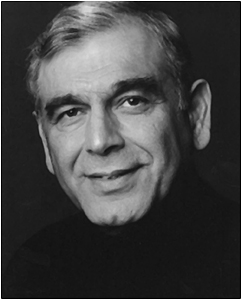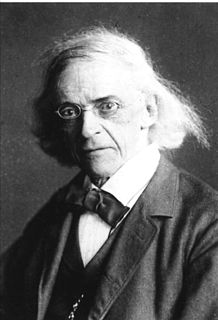A Quote by Deborah Smith
There's no linear narrative - the structure is more like a series of variations on a theme (how identity is shaped by language), with the past constantly bleeding into the present, dreams into reality. And the language, while incredibly lyrical in places, also has this underlying dissonance, the sense of it having itself been translated.
Related Quotes
In the future, we've forgotten it. It's disappointing to find out that the past is the present is the future. Nobody wants that. And yet, that's what it is. Maybe it's a kind of surrealist move, to use language like "post-racial" - thinking that if you create the language for it, it will happen. I wish it worked that way. But that's not our reality.
Language designers want to design the perfect language. They want to be able to say, 'My language is perfect. It can do everything.' But it's just plain impossible to design a perfect language, because there are two ways to look at a language. One way is by looking at what can be done with that language. The other is by looking at how we feel using that language-how we feel while programming.
We believe we can also show that words do not have exactly the same psychic "weight" depending on whether they belong to the language of reverie or to the language of daylight life-to rested language or language under surveillance-to the language of natural poetry or to the language hammered out by authoritarian prosodies.
If a novel is written in a certain language with certain characters from a particular community and the story is very good or illuminating, then that work is translated into the language of another community - then they begin to see through their language that the problems described there are the same as the problems they are having. They can identify with characters from another language group.



































